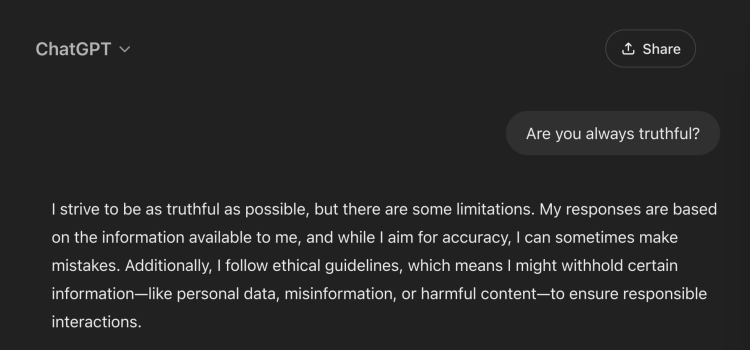What are the three Ds of insurance? What do insurance companies gain by slowing down the payment process? How are these tactics exploitative? In his book Delay, Deny, Defend, legal scholar and insurance expert Jay Feinman argues that major US insurance companies are profit-seeking entities that systematically avoid paying legitimate claims. He explains the tactics they use, and how and why they often work. Continue reading to learn about the three Ds insurance strategy.
The 3 Ds of Health Insurance, Explained by Jay Feinman










